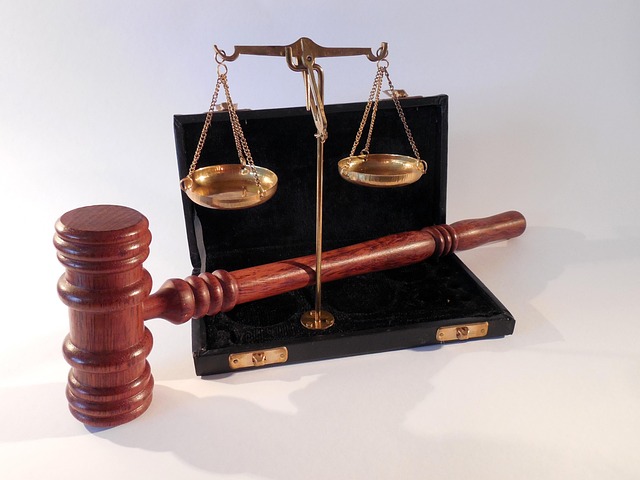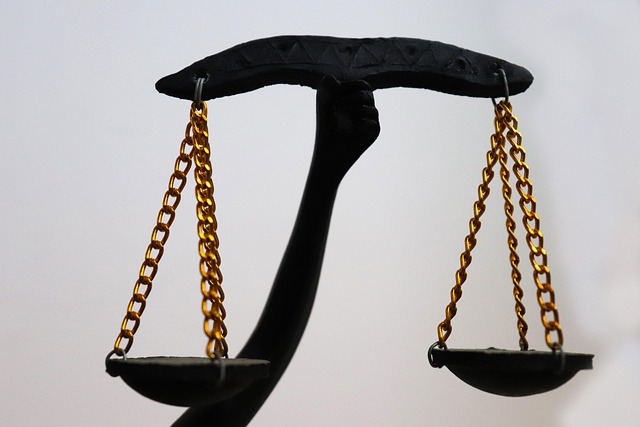Class action lawsuits empower individuals with shared grievances against a common defendant by providing collective legal action. To join, potential plaintiffs must identify as class members, meet criteria set by lead plaintiffs and courts, provide evidence of harm, and opt-in through specialized law firms. RF Finance Law Firms guide clients through this process, advocating for fair compensation in cases like securities fraud, consumer rights, and employment discrimination. Key steps include assessing eligibility, filing a claim with the court, certifying the class action, participating in negotiations, and understanding the risks & benefits before proceeding.
“Uncover the power of collective action with our comprehensive guide on RF Finance law firms and class action lawsuits. Understanding these legal processes is crucial for those seeking justice. We break down the intricate world of class actions, from eligibility criteria to the specific roles RF Finance law firms play. Learn the steps to join a class action lawsuit, explore potential benefits, and weigh risks. Empower yourself with knowledge and navigate this legal path effectively.”
- Understanding Class Action Lawsuits: A Comprehensive Overview
- Eligibility Criteria: Who Can Join a Class Action Lawsuit?
- The Role of RF Finance Law Firms in Class Action Cases
- Steps to File and Navigate the Legal Process
- Potential Benefits and Risks of Participating in Class Actions
Understanding Class Action Lawsuits: A Comprehensive Overview

Class action lawsuits are a powerful legal mechanism where a single plaintiff represents a group of individuals with similar grievances against a common defendant. This collective approach allows for more efficient and effective legal proceedings, as it consolidates claims that might otherwise be pursued individually. Understanding how to join such a lawsuit is crucial for those affected by alleged wrongful acts.
The process involves several key steps. First, potential plaintiffs must identify themselves as members of the proposed class. This often requires meeting specific criteria set by the lead plaintiff and the court. Once identified, individuals can opt-in to the lawsuit, formally joining the collective action. Throughout all stages of the investigative and enforcement process, legal representation from a reputable firm specializing in white collar defense can be invaluable. The goal is to achieve extraordinary results, ensuring that each member’s rights are protected and potential recoveries are maximized.
Eligibility Criteria: Who Can Join a Class Action Lawsuit?

To join a class action lawsuit, individuals or entities must meet specific eligibility criteria. These suits are designed to represent a group of people who have suffered similar harm due to a common defendant. Potential plaintiffs can include both corporate and individual clients, as long as they share an interest in the outcome of the case. For instance, those affected by white collar defense strategies or business practices that led to financial loss could band together in a class action.
The steps to join such a lawsuit typically involve finding a law firm specializing in class action litigation, reviewing the eligibility criteria outlined in the case, and providing evidence of the harm incurred. Once accepted as a member of the class, individuals can have their voices heard and potentially seek compensation or other remedies through the collective legal action, which may lead to a complete dismissal of all charges against them, depending on the outcome of the case.
The Role of RF Finance Law Firms in Class Action Cases

In the complex landscape of class action lawsuits, RF Finance Law Firms play a pivotal role in representing plaintiffs and navigating the intricate legal processes involved. These specialized firms bring expertise in financial litigation, ensuring that individuals affected by systemic issues or corporate misconduct have access to justice. Class actions are powerful tools for holding corporations accountable, especially in high-stakes cases where significant monetary damages are at stake. By joining a class action lawsuit, individuals can collectively stand against powerful entities, which might otherwise overlook their grievances.
The steps to join such a lawsuit involve careful consideration and legal guidance. Potential plaintiffs must first identify the relevant case—whether it’s centered around securities fraud, consumer rights violations, or employment discrimination—and assess if they meet the criteria for inclusion. RF Finance Law Firms assist in this evaluation process, explaining the complexities of each case and guiding clients through the initial stages. Once included, these firms advocate tirelessly on behalf of the class, ensuring fair compensation and positive outcomes across the country, often handling both general criminal defense matters and high-stakes cases with equal proficiency.
Steps to File and Navigate the Legal Process

Joining a class action lawsuit can be a complex process, but with the right guidance, individuals affected by similar legal issues can band together for justice. The first step is to assess eligibility and gather relevant information. This includes identifying the specific legal claim, understanding the impact on your finances or well-being, and gathering evidence that supports your case. Many class action lawsuits are centered around consumer rights, employment disputes, or white collar defense cases, where a group of individuals have collectively suffered losses due to a common defendant’s actions.
Once you’ve determined eligibility, the next crucial step is to file a claim with the appropriate court. This typically involves completing legal forms, providing detailed information about your experience, and paying a filing fee. After submission, the case will be reviewed by a judge who will decide whether to certify the class action. If approved, you’ll be notified and can begin actively participating in the process. From there, you may face various stages including negotiations, mediation, settlement discussions, or even jury trials, ultimately aiming to achieve a favorable outcome for all involved parties.
Potential Benefits and Risks of Participating in Class Actions

Participating in a class action lawsuit can offer several potential benefits for individuals affected by common legal issues. This collective approach allows for increased leverage against powerful entities, potentially leading to substantial monetary settlements or non-monetary relief for all plaintiffs. Class actions can also serve as a powerful tool for accountability, ensuring that businesses and organizations are held responsible for their actions, especially in cases of white collar and economic crimes. By pooling resources and sharing legal costs, individuals who might not otherwise afford litigation can access justice. This collective strategy has proven effective in securing significant recoveries for victims, often resulting in a complete dismissal of all charges against them.
However, joining a class action also comes with risks. Plaintiffs must carefully consider their individual circumstances and potential outcomes. Unlike individual lawsuits, the outcome of a class action is determined by the court and binds all members. This means that even if some plaintiffs are satisfied with the result, others may not receive the compensation they feel they deserve. Additionally, class actions can be complex legal battles, requiring careful attention to detail and adherence to strict deadlines for opting out or objecting to the settlement. Therefore, before taking steps to join a class action lawsuit (such as reviewing the notice of class action and consulting with an attorney), it’s crucial to weigh the benefits against the potential risks.
Class action lawsuits offer individuals a powerful way to stand up for their rights, especially when dealing with complex legal issues. By understanding the process and working with specialized law firms like RF Finance, those affected by common situations can effectively join forces to seek justice. Following the outlined steps to file a class action lawsuit, individuals can navigate the legal process, weighing the potential benefits of monetary compensation or policy changes against the risks involved. This collective approach has proven to be a game-changer in various sectors, ensuring that wrongdoers are held accountable and affected parties receive the redress they deserve.






